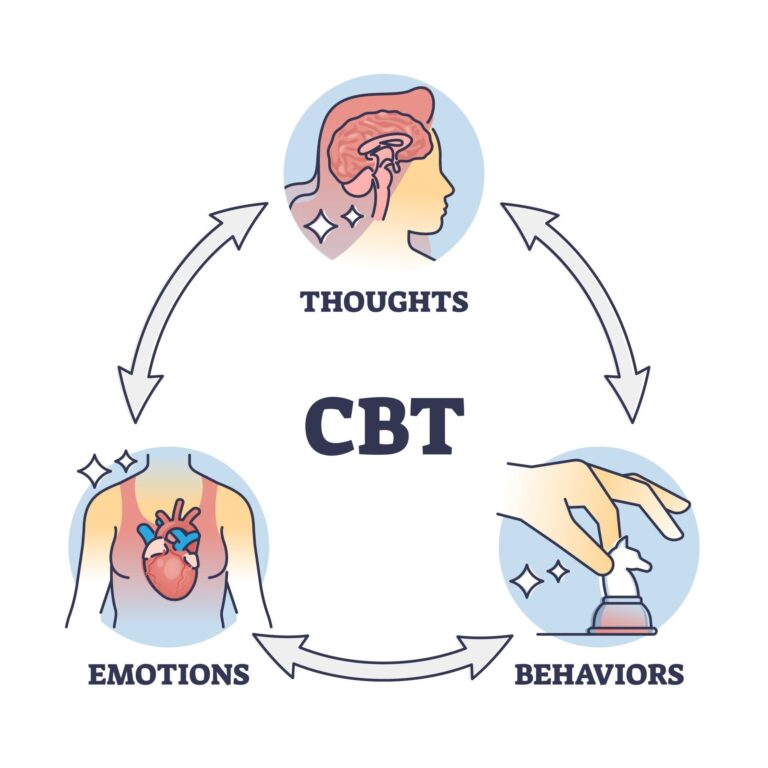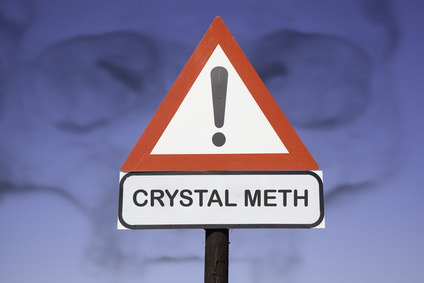Hallucinogens are basically synthetic or natural substances that upset the communication between the brain and central nervous system so as to disrupt an individual’s viewpoint of reality.

Although not as widespread or publicized, hallucinogen abuse is a significant problem in the Unites States. Used for their mind-altering effects, they have a long history of use in religious and cultural rituals around the world.
Hallucinogens are taken on a recreational basis to modify thoughts, emotions as well as visual perception. Even though there is no proof of physical addiction to hallucinogens, a person can become psychologically addictive to them. Hallucinogens can be extremely dangerous to users.
Drugs Considered Hallucinogens
- LSD is a synthetic drug and it impacts the serotonin receptors in the brain. It is taken on squares of gelatin or blotting paper and is also known as acid, dots and mellow.
- Psilocybin is present in specific species of mushrooms and is also known as Magic Mushrooms or shrooms. They are taken in powdered form (in capsules) or eaten as dried mushrooms.
- PCP (Phencyclidine) was for long used as an anesthetic but was taken off the market because of its psychological effects. It is also referred to as angel dust or peace pills and it can be smoked, snorted, injected or swallowed.
- Ketamine is used as a tranquilizer for animals by veterinarians and generates visual distortions as well as a faded sense of time. It is often known as Special K and is a white crystalline powder taken either in the form of pills or tablets.
- Mescaline is a hallucinogen extracted from peyote cactus. Based on the processing method that is used, it can either be a white crystalline powder or have color variations
Even though the above drugs come in different substances, they have similar effects. They render an intense sense of relaxation which is followed by euphoria, happiness as well as hallucinations. Abuse of hallucinogens is very risky behavior.
Long-term usage of Hallucinogens can have damaging effects on:
- Memory
- Personality
- Brain function
When on hallucinogens, users have a distorted perception of themselves. They may see images or hear sounds that are not there.
In come cases, hallucinogens can lead to dizziness, nausea and vomiting. In a drug-induced state, individuals can be overcome with side effects such as panic and negative hallucinations.






